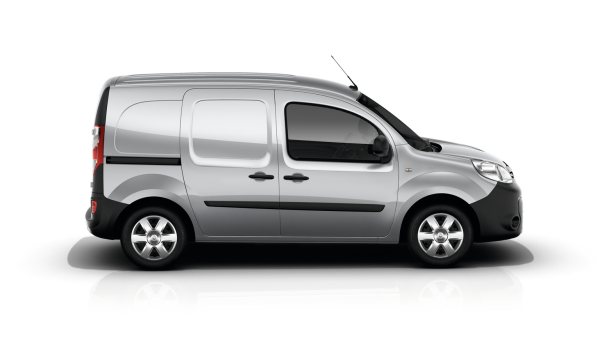Buying Vs. Leasing A Van – Pros and Cons Of Each

When running a business that requires a van for operation, the decision on where and how to get one can be difficult. Choosing a brand new van is easy, but the expenses of obtaining one can be challenging for most business owners. Working out how you’re going to afford your next van is the hardest part.
Users don’t choose the same method of dealing with the cost of obtaining and operating a van. Buy some new vehicles, some lease them, and there is no standard answer to which of the method is the “best.”
An analysis of the pros and cost of van leasing compared to buying a new van or trade-in your old van will help you choose the best option.
Buy or lease. What is van lease?
If you decided to lease a van never own it, you pay a fee monthly for a specified period for its usage, and upon completion of the lease, it's returned with any end-of-lease cost payment that is due done.
How Does That Differ From Buying A New Van?
Buying a van (used or new) means paying for it outright and the van. You can finance your new purchase through a loan, and the vehicle is still yours at the end of the loan period. You can easily trade-off or sell your old van for a new.
Some leasing companies offer a straight lease or a lease purchase. Lease purchase is an excellent option in case the user needs to buy the vehicle at the end of the term at a very low cost.
Lease Payment, Usually Lower Than Buying Cash!
Leasing a van is cheaper than buying one outright. Why?
- Automobile depreciation goes down in value as soon as you drive it off the lot and continues to depreciate with age and use each day. Leasing cost covers a portion of the vehicle under your usage that including depreciation.
- Taking a loan to buy a new van is still expensive, considering the full cost that includes finance charges, sales tax, insurance avoided with a lease.
- A trade-in for another auto is cheaper but can result in higher payments than the lease option, even if you obtain a long-term loan.
Get a package that doesn’t include a mileage restriction, as most companies impose a hefty charge if you exceed the mileage limit by the end of the lease term.
Leasing is far better than buying when considering the cost. Here are the benefits, not least to the fixed rental fee:
- No maintenance cost from depreciation. Most leasing package includes maintenance and breakdown cover, users saving more on the overall cost
- Fun driving a new van every year, at the end of the lease term, the old van is returned and takes out a new van on a new agreement.
What Are The Benefits Of Buying A Van?
Buying a new or used van is an excellent option to some extent. Buying offers the best value, when negotiating for a better deal with cash in hand, you’re likely to haggle the price down and get the best deal. Buying a van us the best option for a trade-in and save even more on your new van.
So, buy or lease?
Choose to buy and take the financial hit and full ownership responsibility (servicing, repair cost, and depreciation cost are all yours). Buying saves you money in the long run, so if your business can afford the expenses, go for it.
Leasing, on the other hand, spreads the payments over time, cutting all additional servicing costs. The option removes the risk linked to owning a business vehicle.
Dennehy Renault Pro Plus encourages business owners to review their cash situation, and if the business can afford a new van perhaps it’s the best option for you. Faintly unsure-maybe a lease is the best way to go.






Leave a Comment
You must be logged in to post a comment.